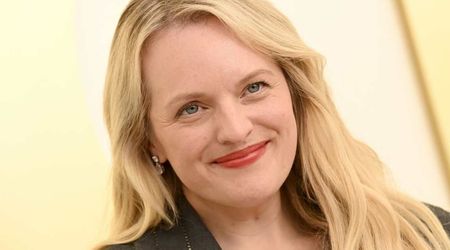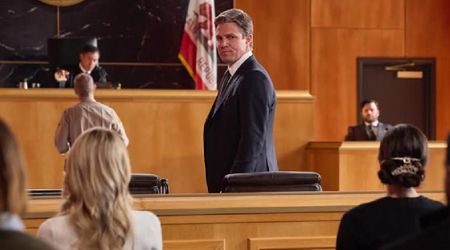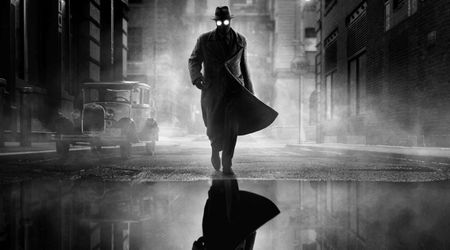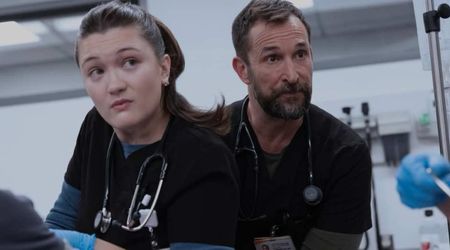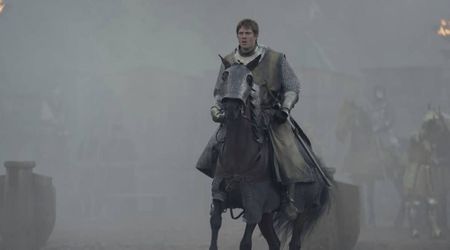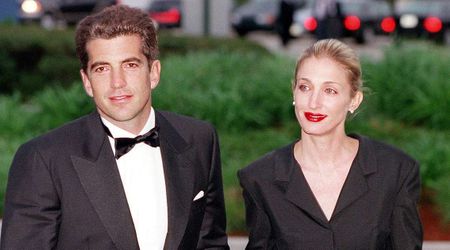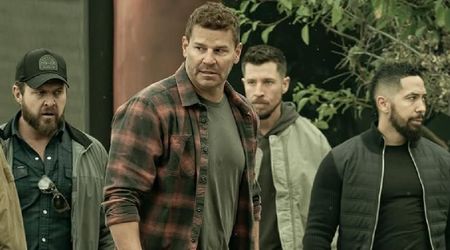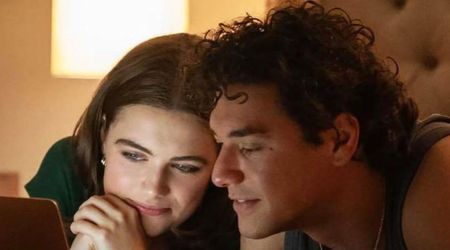Slutsky and Bitchin' | Should we be celebrating the 'rape renaissance' on TV?

Slutsky: So I've been observing a recent trend on TV, by which in all honesty, I'm a bit disturbed. Rape and sexual assault narratives are all over the small screen — be it Starz's 'Outlander', HBO's 'My Brilliant Friend', Showtime's 'Penny Dreadful: City of Angels' and even lighter fare like Hulu's 'The Great'. It's like you can't turn without watching one more woman brutalized on screen. I mean we have that in real life — do we need it in our entertainment as well?
Bitchin': I see where you are coming from. It is an argument being made about queer stories as well. How many sad queer stories do we have to see? Why can't there be stories where queer people find happiness instead of being denied love, agency, power and fame. Why are only the traumatic stories told?
Slutsky: And it is a complaint that is being heard. Netflix, in particular, has happy or close-to-happy stories like the recent 'The Half of It'.
Bitchin': But there is something different about the 'rape renaissance' you are describing in the #MeToo era.
Slutsky: Yes, rape or sexual assault scenes are more nuanced. I will give you that. Still doesn't take away from the fact that they can be triggering.
Bitchin': Yes, undoubtedly and there should be warning labels for such episodes. But I think it's necessary because we are in what I would call the third cycle of depicting sexual assaults on screen. The first depictions of rape usually had a twofold purpose — titillation that projected a very male gaze on a woman being raped and two, providing the hero for a reason to seek revenge. So the rape trauma was reduced to being an incidental plot driver to push the man's story forward where he would seek justice for his 'dishonored' woman. The second cycle began when cinema studies dissected the male gaze in films, the objectification of women, and the shooting body parts rather than the woman who was being assaulted. As a reaction, we stopped showing rape. It would happen off-screen — the violence wrecked on woman's bodies was 'muted' but rape was still used as a plot driver. So much so that it became a cliched trope — look up the 'fridging trope' if you are interested.
Slutsky: And now?
Bitchin': I believe we are now having our cathartic moment. In the #MeToo era, we are finally experiencing rape and sexual assault from a woman's perspective and how we respond to that trauma. We choose to forgive while still being traumatized like Claire Fraser in 'Outlander'. We could turn to God like Josephina Vega in 'Penny Dreadful'. We might joke about it to reduce its impact on us like the ladies on 'The Great' in Hulu. We could become angry tornados of willful disobedience and deceit, and turn into 'evil spirits' like Lila in 'My Brilliant Friend'. We could be all these and more. And we need these stories of trauma told not for titillation, not as plot drivers, but as valid, important narratives in and of themselves.
Slutsky: I still think it's trauma porn. Why do we need to wallow in it?
Bitchin': It is not "wallowing", it is processing. Most women will face sexual assault in some form or the other. They will also have no language to express what they have experienced. If TV series creators can give a visible shape to that trauma, find the words, the visuals to express what most women go through, that is a win.
Slutsky: Now that you say it, I find a lot of fan fiction written by girls and women center around Hurt/Comfort tropes or traumatic stories. Maybe there is something in what you are saying. But yes, I need a glass of wine to ease my nerves before I see one more woman being attacked on screen. It is just too close to the bone.
Bitchin': Salud, my friend.
Slutsky & Bitchin’ is a column that will examine the highs and lows of pop culture and media from a feminist POV.

